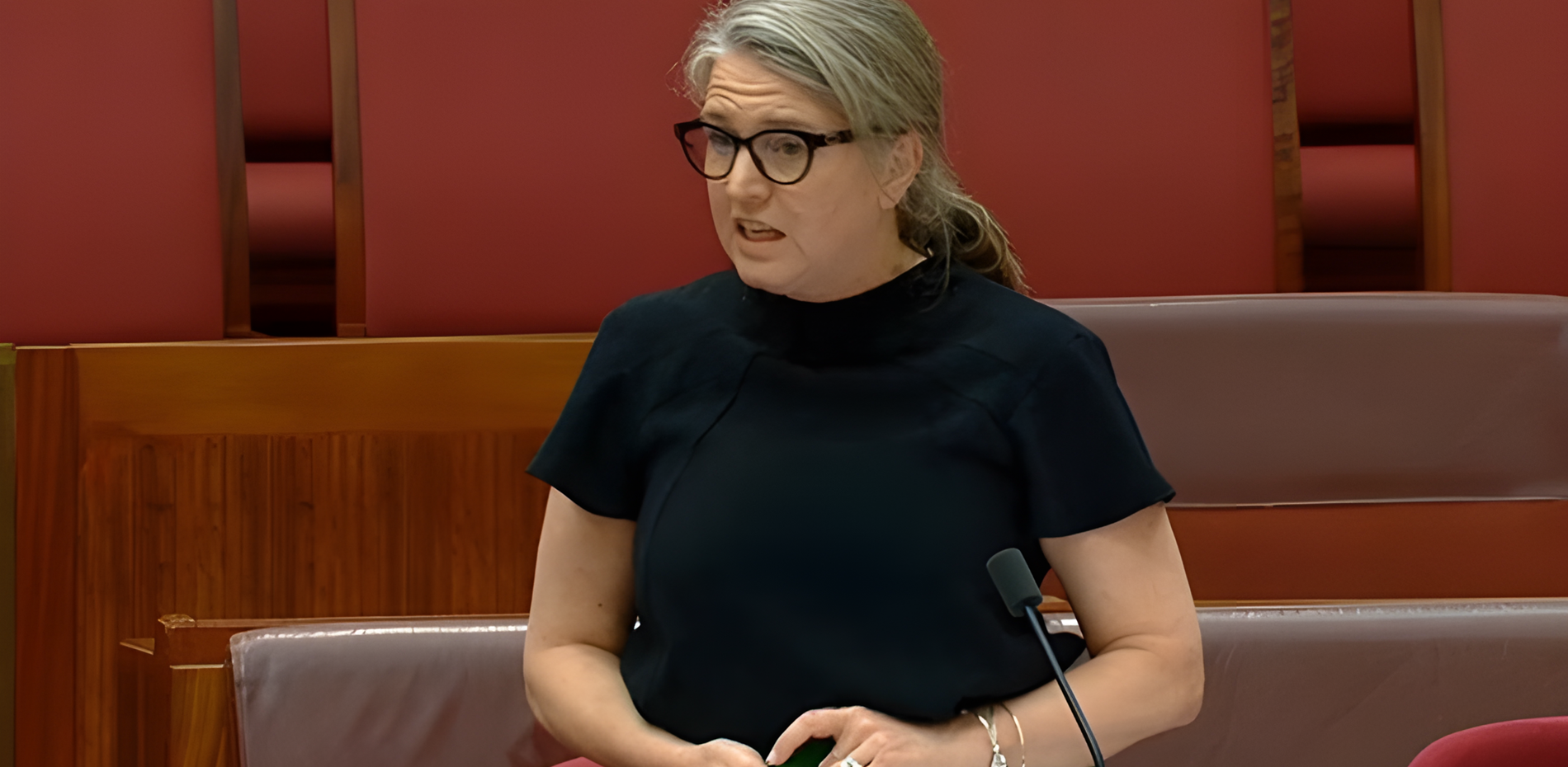I'm going to move to my actual seat so I can see you, Senator Payne—through you, Madam Acting Deputy President. I know something of what you feel, having stood here in 2014 on my own valedictory speech. But I dare say you won't be fighting to come back.
I came back in 2016 as a result of Malcolm Turnbull's double dissolution. I don't know if you had any role in advising him to go to that, but I would be grateful. Well I'm grateful for many reasons. But I do know something of that internal contest within our own parties about the issues that we bring to this place—issues such as reproductive rights, gender and sexuality, and other things. So I guess, even though we don't know each other at all well and have never actually worked together, that dialogue in this place that connects various movements is really important.
I was reflecting on remarks that you made in talking about your time with the AIDS Council of New South Wales. It was a time, back in the nineties, when I was an activist in Western Australia on many of the same issues. One of the articles I read said, perhaps quoting you or using your words:
To Marise Payne, liberalism is "the freedom of the individual to live their lives as they see fit whilst respecting in every case the rights of others; developing their own individual potential to the fullest; enjoying the right to be judged on their own individual merit; and, importantly, being respected as an individual."
We have a connection in movements across the chamber. There are bits of the left and bits of the right in which we have significant common ground, and I really want to pay tribute to the role you've played in standing up for these values during your career. For example, I was really proud, as an Australian, of how you represented us in your remarks to the UN Human Rights Council back in 2019.
I don't think it's a speech that Kevin Rudd could have given. You spoke of the abolition of the death penalty, ending discrimination on the basis of sexual orientation, the protection of LGBTI people, freedom of religion, advancing Indigenous people's rights globally, championing the rights of people with disabilities, promoting gender equality and supporting the role of civil society. You also spoke of how national human rights institutions will continue to be priorities for us for the remainder of our term and beyond.
I do want to speak of the beyond, because you actually have played a key role in establishing those principles for Australia, and I can see the legacy of that going right back to the 1990s. We've seen that play out in really robust debates about reproductive rights, and in the different votes on sexuality and gender in this place. We've both had our internal dialogue and debates within our own parties about that. You and I have both been very disciplined members of our own teams and have always sought to take our respective parties on that journey with that dialogue. I just want to say thank you. Our movements are all the better for your contribution. Thank you, Senator Payne.

